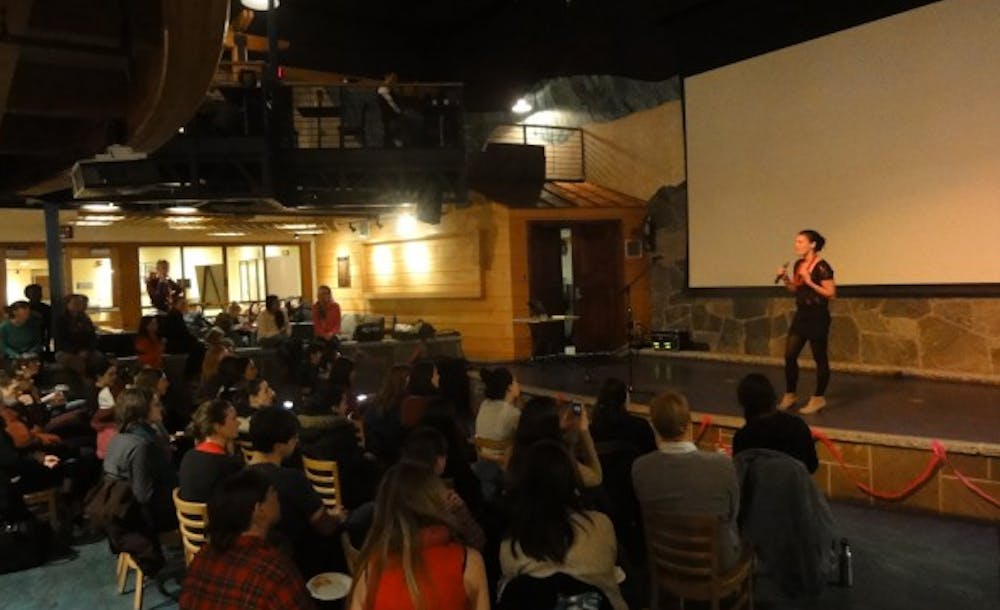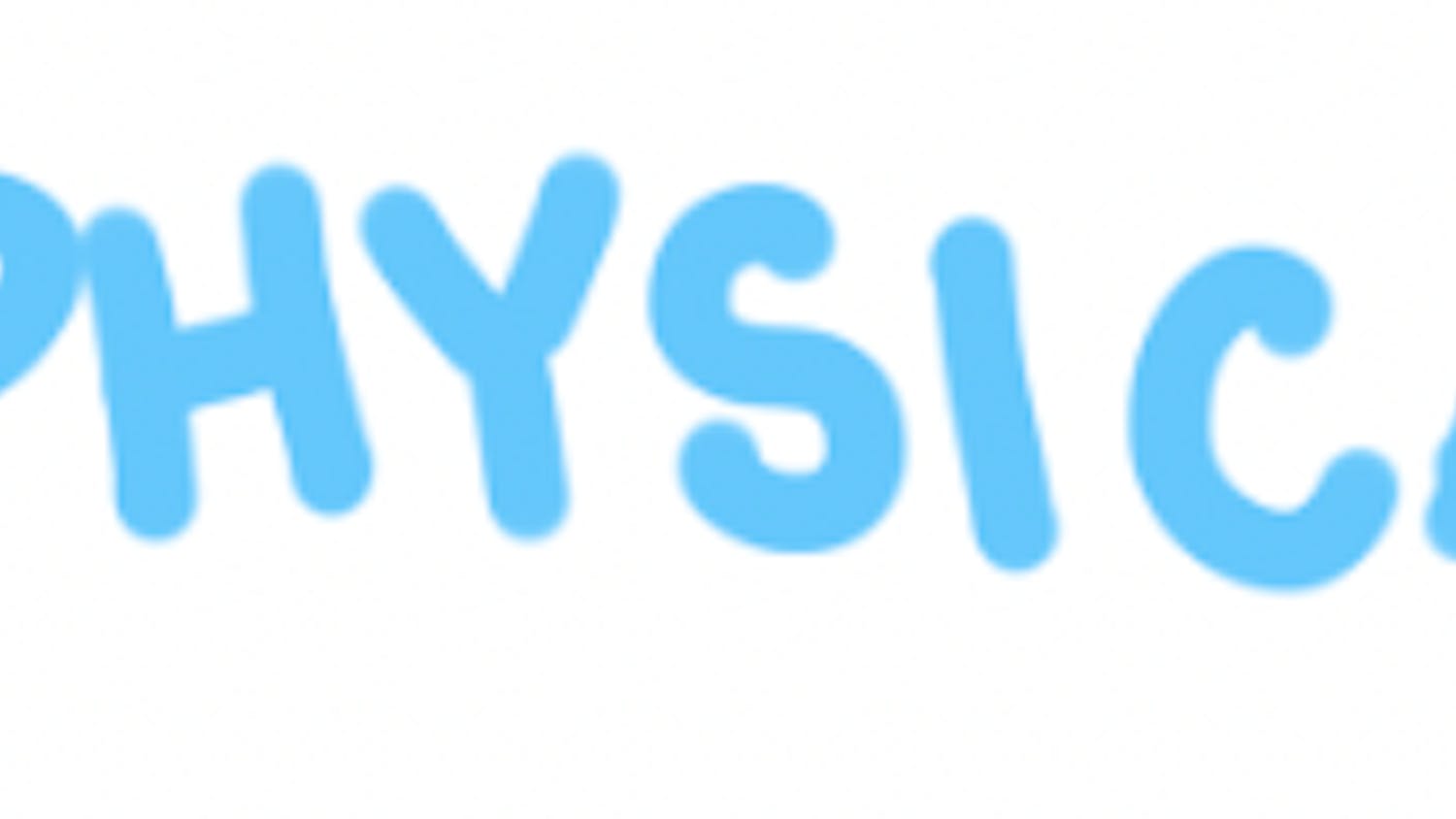On Wednesday, Feb. 13 from 10 p.m. to midnight, the College celebrated Middlebury Rises, one of many events worldwide dedicated to ending violence against women through the One Billion Rising movement.
The vision of the Feb. 13 dance parties, which took place in over 197 countries, was created by Eve Ensler, a 1975 Middlebury graduate and writer of “The Vagina Monologues,” a 1966 play that deals with issues such as sex, love, rape and other aspects of the female experience.
The College has been putting on “The Vagina Monologues” for several years to raise money for WomenSafe, an organization founded to help stop domestic and sexual violence in Addison Country.
Karin Hanta, director of Chellis House has been at the forefront of organizing Middlebury Rises, and described “The Vagina Monologues” as “a play that has spawned global movement.”
This became especially apparent in 1998 when out of the momentum created by “The Vagina Monologues,” Ensler and others created V-Day, a non-profit organization that has raised over $75 million to end violence against women worldwide.
“This year, [Ensler] is asking one billion people around the globe to stomp out violence against women by getting together in giant dance parties on Feb. 13,” explained Hanta. Middlebury joined in that one billion.
The event featured DJ Mariam; Poor Form poets Cheswayo Mphanza ’16, Debanjan Roychoudury ’16, Anna Stevens ’13.5; and the a capella group the Bobolinks. “The Vagina Monologues” were read, rap-sung and poetry-recited.
Light refreshments of red velvet cupcakes and sweet potato fries were served.
To prepare for the event, groups that are close to this issue on campus such as the Sexual Assault Oversight Committee, It Happens Here, Feminist Action at Middlebury, Women of Color, Sister-to-Sister, VOX and Amnesty International lent helping hands.
Rabeya Jawaid’s ’16 role in the process involved making a video about the event, depicted different people holding signs that read, “I RISE BECAUSE...” Some of the reasons given in the movie are “because my body is mine, and mine only” or “because one billion dancing is a revolution.”
“It brought me up close to the reality of this matter: that a lot of people were in fact afraid to take any action and speak against violence inflicted on women,” said Jawaid.
Because of their passion for the cause, many people were willing and enthusiastic about participating in the video, but others, Jawaid noticed, remained shy and in denial.
“Some of the comments I got to hear were ‘Are we supposed to be doing this? Is this allowed?’ but other brave ones replied, ‘We live in the USA, we have freedom of speech right?’” Jawaid said.
What especially struck Jawaid was the reaction to the signs by Middlebury students. “The reality may be quite removed from them, and violence may be going on in countries other than theirs,” said Jawaid. “But I think everyone should realize that this is a global concern, and inevitably does affect each and every one of us.”
Alexandra Strott ’15, a monitor at the Chellis House, also helped to organize the event.
“One Billion Rising is so crucial because so often we dance around the issues of rape, assault and other forms of sexual violence,” she said. “We need more events like this that expose these problems, put them out in the open and invite everyone of every gender and sex to face the facts and learn how to deal with them.”
The event took place at Crossroads Café, and an enthusiastic audience gathered to watch the many student groups perform to support this movement.
Attendees enjoyed hearing about this important message.
“They were effective in communicating and supporting their cause, an important cause, through poignant performances,” said Carly Andersen ’16.
Middlebury Celebrates One Billion Rising

Comments



